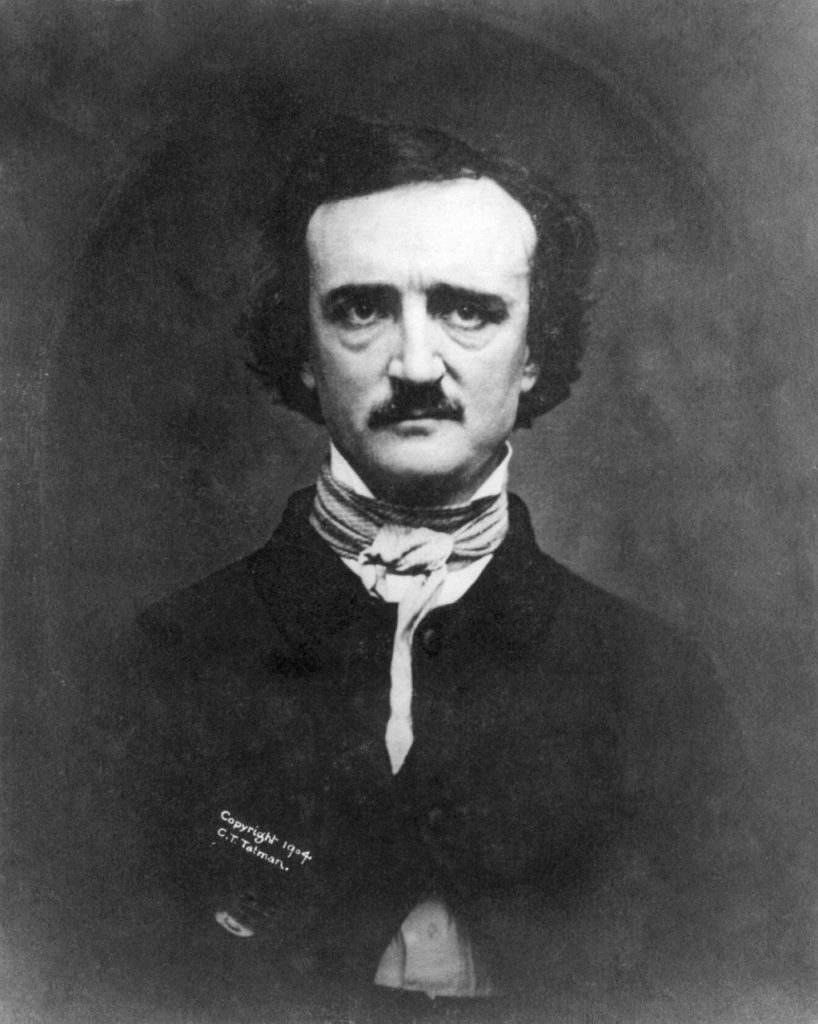
“We have a task before us which must be speedily performed. We know that it will be ruinous to make delay.”
This sounds familiar. Urges to curl up in bed and rot, catch up on some much-needed sleep, play a board game with some friends or doom scroll take over our need to do the tasks life presents us with. We know that we shouldn’t procrastinate doing our duties, that we should get our work done, that we shouldn’t put it off until the last minute.
“Tomorrow arrives, and with it a more impatient anxiety to do our duty, but with this very increase of anxiety arrives, also, a nameless, a positively fearful, because unfathomable, craving for delay.”
We go on procrastinating anyway. We want to see ourselves suffer. We put ourselves under pressure. We want to wait to submit that paper until 11:59 p.m.. Why?
Edgar Allan Poe’s short story “The Imp of the Perverse” is written almost as a guide, a psychological explanation for why we are drawn to do things that we shouldn’t do. Poe’s “perverse” is a spirit, an instigating force. It has “many uncounted victims” that don’t heed their voice of reason and “impetuously approach it.”
After the psychological analysis, the narrator tells his own story of falling into the clutches of the perverse. The narrator kills a man, but this is not when he feels the temptation of the perverse. It’s when he’s wondering if his crime will be revealed that he feels the pull.
“For a moment, I experienced all the pangs of suffocation; I became blind, and deaf, and giddy; and then, some invisible fiend, I thought, struck me with his broad palm upon the back. The long-imprisoned secret burst forth from my soul.”
Poe personifies the perverse, as we read in the paragraph above. The physical sensations of guilt and wrongdoing are harrowing; these emotions smother us and make us physically ail with stress and anxiety.
Clearly the act of murder is perverse. However, to Poe, it is the guilt of committing that crime that weighs more heavily on the soul than the action of the crime itself. It’s not the action but the reaction that is susceptible to the spirit of the perverse. (Maybe another time we can unpack why Poe thinks that admitting to murdering someone is worse than the murder itself.)
Poe is attuned to the psyche in “The Imp of the Perverse” more than any of his other stories. The in-depth assessment of the psychology of procrastination aligns with his time. In the mid-1800s, modernity is blooming, and revolutions in medicine, science, technology and psychology are making their way to America. Poe is a part of that revolution. Poe’s acknowledgement of the way anxiety and stress physically affect the body is a distinctly modern thought.
Many of Poe’s short stories could be considered, in our contemporary language, psychological thrillers. Though “The Imp of the Perverse” is not necessarily a thriller, it taps into elements of the brain that make us question our nature as human beings. Are we truly drawn to things that are directly bad for us? Poe, recognizing the power of temptation on the human mind, says yes.
The modern notions of acquiring excess, constant seeking of success and desire to discover lead the human race into the pit of perverseness. Instead of flourishing and seeking things that are good, this inherent need to embark on the quest of knowing and having more is humanity’s downfall.
The “perverse” is a devilish spirit that draws us away from things that we ought to do, but, like temptation to the imprudent human, it is irresistible. Poe’s awareness of the effects of modernity on the human mind lends him to explain why we put important duties to the back of our minds and opt for distraction, or worse.
